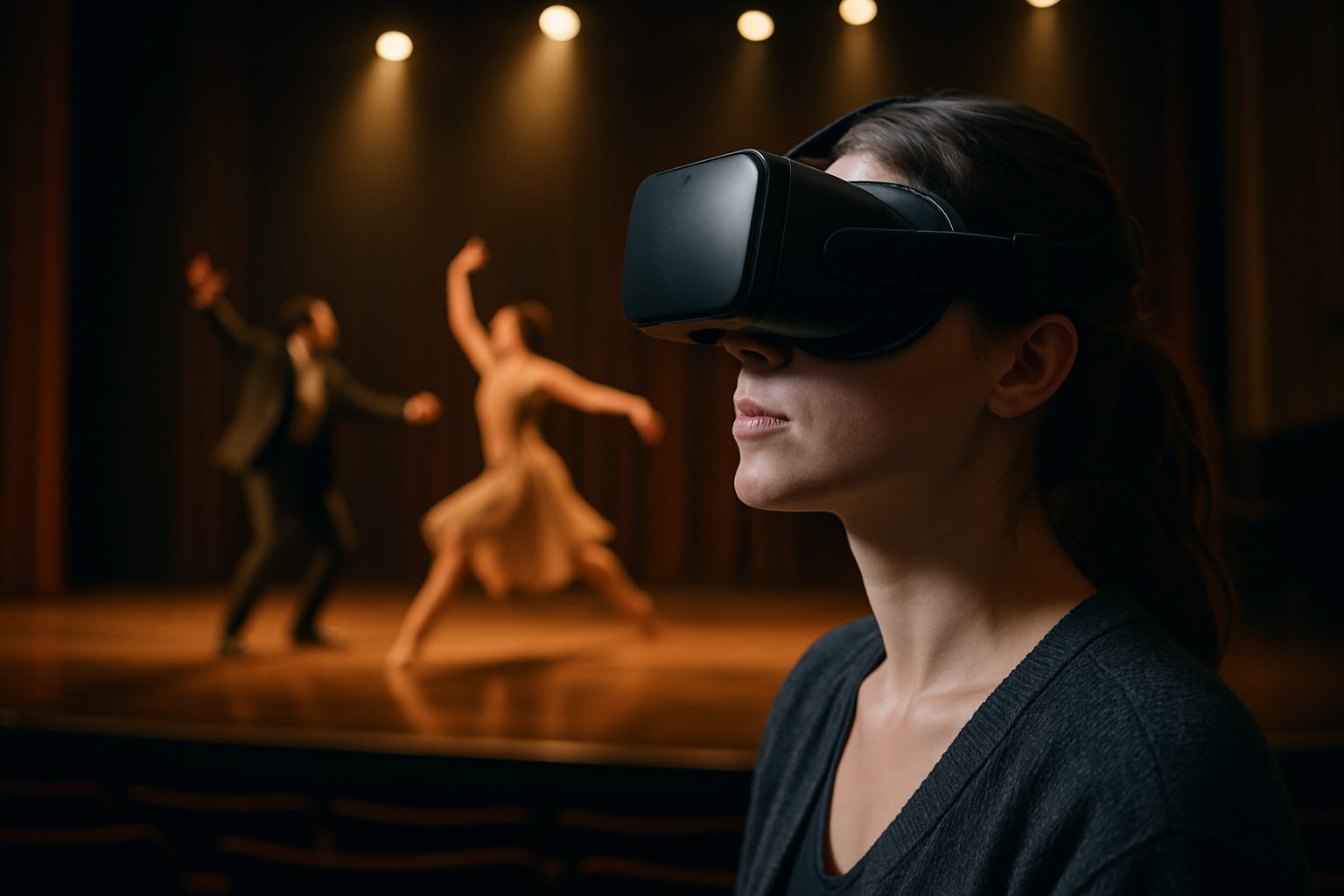Biofeedback-Enhanced Mindfulness: The Future of Stress Management
Modern life's relentless pace often leaves us grappling with chronic stress. But what if we could harness the power of our own bodies to combat this silent epidemic? Enter biofeedback-enhanced mindfulness, a groundbreaking approach that marries ancient wisdom with cutting-edge technology. Could this innovative fusion be the key to unlocking unprecedented levels of stress relief and self-awareness?

Understanding the Mechanics of Biofeedback-Enhanced Mindfulness
At its core, this approach involves real-time monitoring of physiological indicators during mindfulness exercises. As practitioners engage in meditation or deep breathing, they receive immediate feedback on their body’s responses. This instantaneous data allows individuals to make subtle adjustments to their practice, optimizing their relaxation response. For instance, a slight change in breathing pattern might lead to a noticeable decrease in heart rate, visible on a monitor, encouraging the practitioner to maintain or deepen that particular technique.
The Neuroplastic Revolution
One of the most exciting aspects of biofeedback-enhanced mindfulness is its potential to reshape our brains. Neuroplasticity, the brain’s ability to form new neural connections, plays a crucial role in this process. Regular practice of this technique has been shown to strengthen areas of the brain associated with emotional regulation and stress resilience. Over time, this can lead to lasting changes in how we perceive and respond to stressors, effectively rewiring our stress response system for improved well-being.
Applications Beyond Stress Management
While stress reduction is a primary benefit, the applications of biofeedback-enhanced mindfulness extend far beyond. Research indicates promising results in managing conditions such as chronic pain, anxiety disorders, and even attention-deficit/hyperactivity disorder (ADHD). In the realm of peak performance, athletes and executives are increasingly turning to this technique to enhance focus, decision-making, and overall cognitive function under pressure.
The Role of Technology in Democratizing Mental Wellness
The advent of consumer-grade biofeedback devices and smartphone apps has made this powerful technique more accessible than ever. From wearable heart rate monitors to EEG headbands, individuals can now practice biofeedback-enhanced mindfulness in the comfort of their homes. This democratization of mental wellness tools represents a significant shift in how we approach stress management and personal growth.
Challenges and Considerations
As with any emerging practice, biofeedback-enhanced mindfulness faces challenges. The quality and accuracy of consumer devices vary widely, and interpreting the data correctly requires some level of expertise. Additionally, there’s a risk of becoming overly reliant on technology, potentially undermining the intrinsic benefits of traditional mindfulness practices. Striking a balance between technological aid and self-awareness is crucial for maximizing the benefits of this approach.
Mastering Your Mind-Body Connection: Key Insights
-
Regular practice can lower cortisol levels by up to 20% in just 8 weeks
-
Combining biofeedback with mindfulness increases alpha brainwave activity, associated with relaxation and creativity
-
Heart rate variability (HRV) training, a key component, can improve cardiovascular health and emotional resilience
-
Consistent practice may lead to increased gray matter density in brain regions responsible for learning, memory, and emotional regulation
-
Even short 10-minute sessions can yield measurable improvements in stress levels and cognitive function
A New Frontier in Holistic Health
Biofeedback-enhanced mindfulness represents a fascinating intersection of ancient wisdom and modern technology. By providing tangible, real-time insights into our physiological responses, it offers a unique pathway to greater self-awareness and stress resilience. As research in this field continues to evolve, we stand on the brink of a new era in personalized mental wellness. Whether you’re battling chronic stress, seeking peak performance, or simply curious about exploring the depths of your mind-body connection, this innovative approach holds immense promise. The future of stress management is here, and it’s more accessible and effective than ever before.




